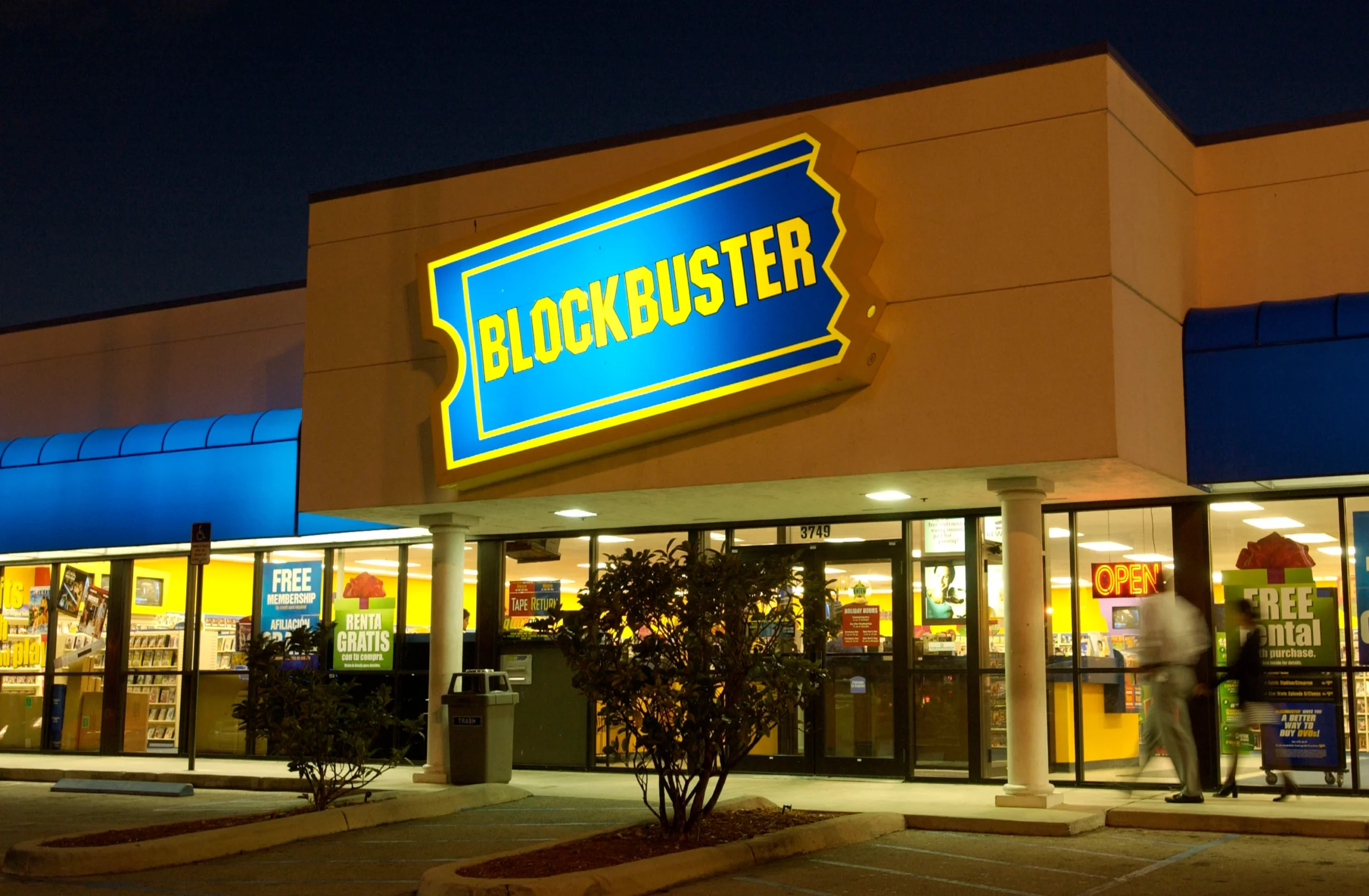Blockbuster Movie Stores & On Demand Movies
Blockbuster was a video rental company that was once the dominant force in the industry. However, the company failed to adapt to the changing times and eventually went out of business in 2014.
The Rise of Blockbuster
Blockbuster was founded in 1985 by David Cook and Wayne Huizenga. The company’s first store opened in Dallas, Texas, and it quickly grew to become the largest video rental chain in the world. By 2004, Blockbuster had over 9,000 stores in the United States and Canada.
Blockbuster’s success was due to a number of factors. The company had a large selection of movies and video games, and it offered a convenient way for people to rent them. Blockbuster also had a strong brand name and a loyal customer base.
The Fall of Blockbuster
Blockbuster’s downfall began in the early 2000s. The company faced increasing competition from online streaming services like Netflix. Netflix offered a wider selection of movies and video games, and it was more convenient for people to use.
Blockbuster made a number of attempts to compete with Netflix, but these efforts were unsuccessful. The company tried to launch its own streaming service, but it was not as popular as Netflix. Blockbuster also tried to open more stores, but this strategy only led to higher costs.
In 2010, Blockbuster filed for bankruptcy. The company was eventually bought out by Dish Network, but it continued to decline. The last Blockbuster store closed in 2014.
What Went Wrong?
There are a number of reasons why Blockbuster failed. The company was slow to adapt to the changing times, and it did not invest enough in online streaming. Blockbuster also made a number of strategic mistakes, such as opening too many stores and expanding into international markets.
In addition, Blockbuster’s culture was not conducive to innovation. The company was very hierarchical, and it was difficult for new ideas to get through. This made it difficult for Blockbuster to keep up with the competition.
The Legacy of Blockbuster
Blockbuster’s failure is a cautionary tale for businesses of all sizes. The company was once the dominant force in the video rental industry, but it was unable to adapt to the changing times. This led to its downfall, and it is a reminder that no business is immune to failure.
However, Blockbuster’s legacy is not entirely negative. The company helped to popularize video rentals, and it made it easier for people to watch the movies and video games they wanted. Blockbuster also created a number of jobs, and it helped to contribute to the economy.
The end of Blockbuster is a reminder that businesses need to be constantly innovating and adapting to the changing times. If they don’t, they risk being left behind.





